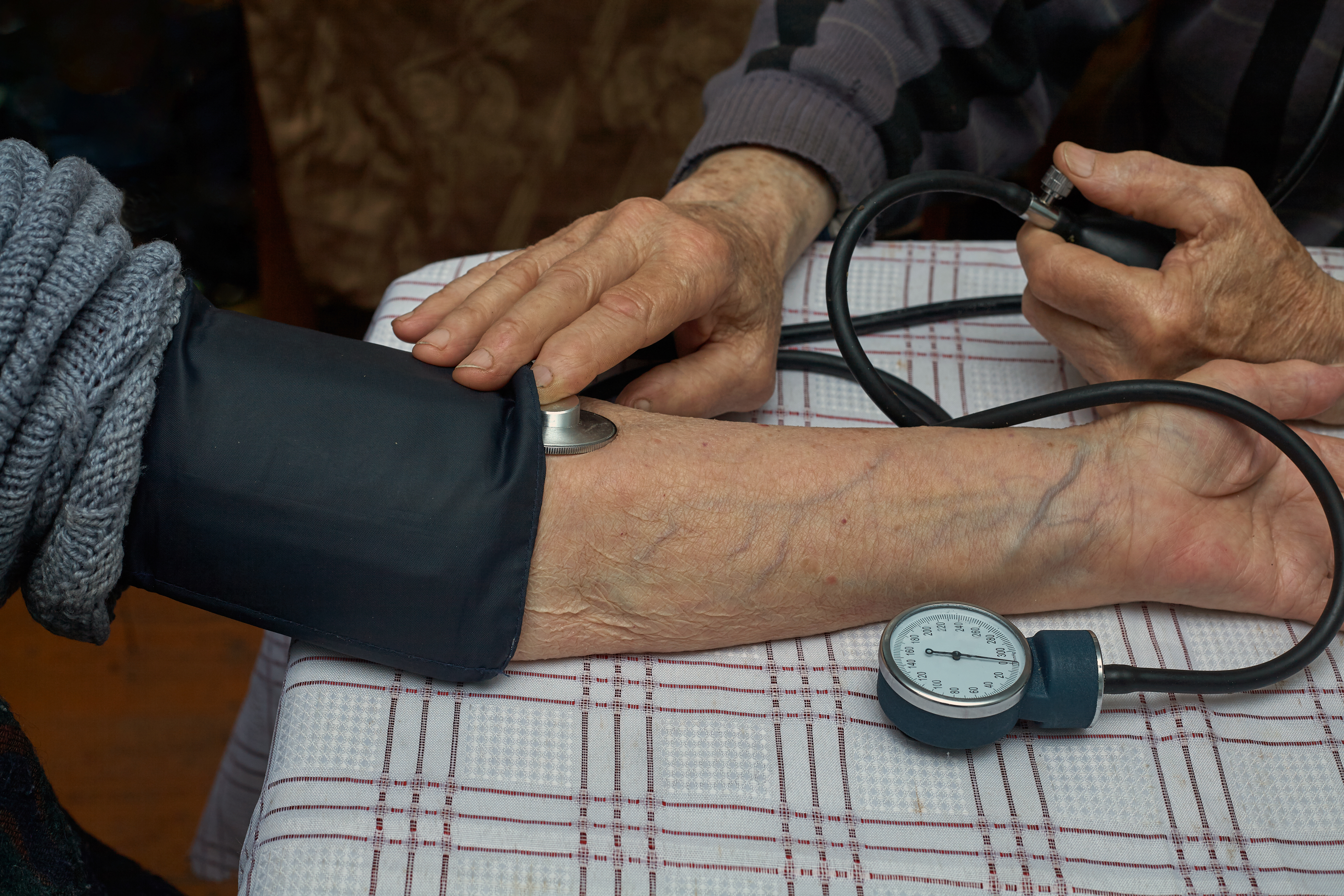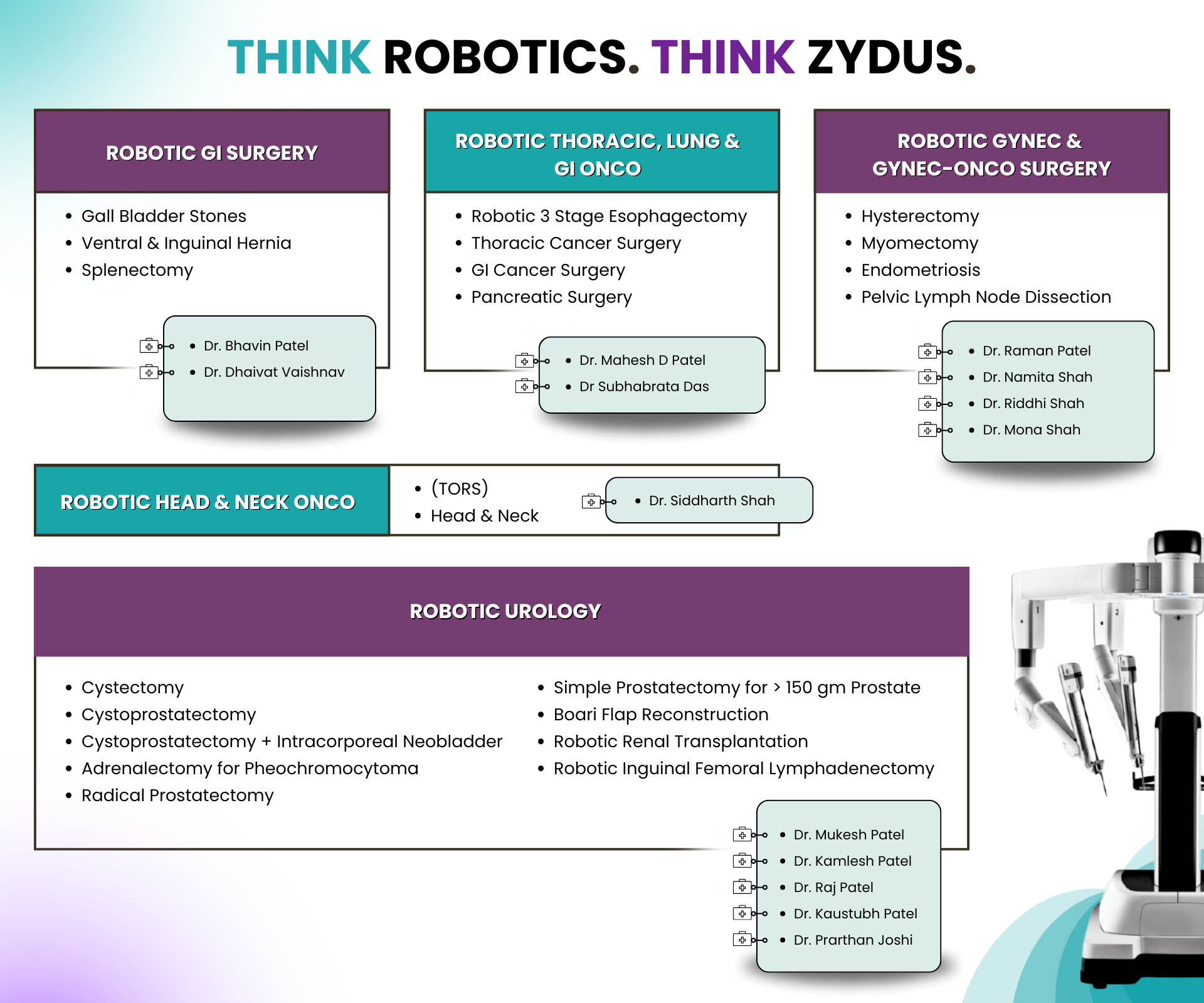
Pulmonary Arterial Hypertension Treatment
- Medical Specialities
- Pulmonology & Chest Medicine
- Pulmonary Arterial Hypertension (PAH)
-
Pulmonary Arterial Hypertension (PAH)
-
We all know about the usual blood pressure we measure regularly. Similarly, there is blood pressure within the blood vessels (arteries) of lung, and if it is higher than normal value, then it is called as Pulmonary Arterial Hypertension (PAH). Here, the arteries in the lungs may become narrow, obstructed, or damaged. The lungs' ability to pump blood is reduced, and pressure in the lung arteries increases. In this condition, the heart has to work harder to pump the blood through the lungs, so the cardiac muscle gradually weakens and fails due to the additional strain.

-
Symptoms include shortness of breath during exercise and later during rest, as well as blue or grey skin from low oxygen levels. Also, experience of chest tightness or pain, fainting spells, pounding heartbeat or rapid pulse, swelling in the abdomen legs, and ankles, and fatigue are noticeable symptoms.
-
Certain medical conditions may lead to the development of PAH. Lupus, Schistosomiasis, HIV, liver disease, Scleroderma, Pulmonary veno-occlusive disease, Congenital heart disease, and Genetic mutations are the major causes of PAH.
-
Pulmonary hypertension is gradually progressive and can be fatal if left untreated. Though the treatment would not completely reverse the disease but there are therapies available to enhance the quality and lengthening of life, and make patients live better.
-
Selection of Medicine is extremely important in the treatment of PAH. Pulmonary vasodilators are the main treatment. Nowadays newer molecules of these groups are successful in modifying disease courses and improving the quality of life of such patients. Calcium channel blockers, Balloon Atrial Septostomy (BAS), and diuretics are essential medical treatments. When a patient's blood oxygen levels are low, oxygen therapy is administered. If the PAH progresses despite optimum medical management Patient may require a Lung Transplant.

Search Doctor / Diseases
The Transplant Center of Gujarat
-
LIVER TRANSPLANT
-
200+ successful transplants done
-
A full-time dedicated team of 20+ members of Liver Transplant Surgeons, Hepatologists, Intensivists and Anaesthetists
-
Exclusive Class 100 Modular Liver OT and Liver ICU with strong infection control standards
-
KIDNEY TRANSPLANT
-
300+ successful transplants completed by the experienced and dedicated team of Senior Consultants in Nephrology and Urology
-
State-of-the-art 50 bed advanced Dialysis Centre with facilities for CRRT, SLED, HDF and CytoSorb
-
HEART TRANSPLANT
-
Highly experienced team of Heart Transplant Surgeons and Cardiologists
-
State-of-the-art infrastructure with exclusive Cardiac Critical Care Unit, ECMO Facility, Advanced Cath Lab and Left Ventricular Assist Device (artificial heart) Facility
-
BONE MARROW TRANSPLANT
-
200+ Haematopoietic Stem Cell Transplants at hi-tech BMT Unit
-
Highly experienced Haematologist, Intensivists and BMT-trained Staff, supported by Radiation Oncology Department with TBI treatment


